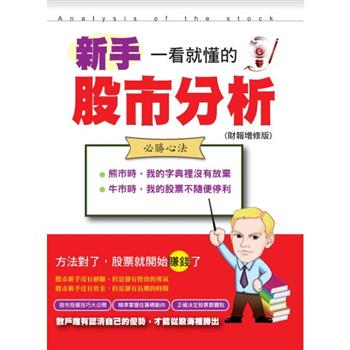The problems of a family are often conditioned by the cultural issues its members face, regardless of their socioeconomic background. However, most therapeutic models ignore this important factor. Ariel’s book offers a model for diagnosis and therapy that incorporates cultural issues. It provides clinicians and trainees with readily applicable concepts, methods, and techniques for helping families and their members overcome difficulties related to intermarriage, immigration, acculturation, socioeconomic inequality, prejudice, and ecological or demographic change. This approach enables therapists to analyze and describe a family as a cultural system, explain its culture-related difficulties, and design and carry out culturally sensitive strategies for solving these difficulties.
The model introduced in this book integrates theories in family therapy in general and culturally oriented family therapy in particular with ideas drawn from many other fields, such as cross-cultural psychology, psychiatry, anthropology and linguistics. The form of therapy presented in this book is integrative, drawing from traditional curing and healing techniques employed in folk psychotherapy and medicine, in addition to more conventional therapeutic models. Every technique is modified to be adapted to the cultural character of the family in question. This book is designed to be a handbook for clinicians and a textbook for students, trainees and researchers. It can be used as a guide for a complete independent method of family therapy and also as a source of ideas and techniques that can be incorporated selectively into other forms of therapy.| FindBook |
有 1 項符合
Culturally Competent Family Therapy: A General Model的圖書 |
 |
Culturally Competent Family Therapy: A General Model 作者:Ariel 出版社:Praeger 出版日期:1999-10-30 語言:英文 規格:精裝 / 272頁 / 25.35 x 15.14 x 2.46 cm / 普通級/ 初版 |
| 圖書館借閱 |
| 國家圖書館 | 全國圖書書目資訊網 | 國立公共資訊圖書館 | 電子書服務平台 | MetaCat 跨館整合查詢 |
| 臺北市立圖書館 | 新北市立圖書館 | 基隆市公共圖書館 | 桃園市立圖書館 | 新竹縣公共圖書館 |
| 苗栗縣立圖書館 | 臺中市立圖書館 | 彰化縣公共圖書館 | 南投縣文化局 | 雲林縣公共圖書館 |
| 嘉義縣圖書館 | 臺南市立圖書館 | 高雄市立圖書館 | 屏東縣公共圖書館 | 宜蘭縣公共圖書館 |
| 花蓮縣文化局 | 臺東縣文化處 |
|
|
圖書介紹 - 資料來源:博客來 評分:
圖書名稱:Culturally Competent Family Therapy: A General Model
內容簡介
作者簡介
SHLOMO ARIEL, a licensed expert and supervisor of clinical psychology and marital and family therapy, is the co-director of the Integrative Psychotherapy Center in Ramat Gan, Israel. He is also the Coordinator of Research and Academic Development at the Israeli branch of Lesley College, Boston, Massachusetts, a member of the faculty of the Program for Advanced Studies in Integrative Psychotherapy at the Hebrew University in Jerusalem, Israel, and the chairperson of the Israeli Association of Psychotherapy Integration.
|











